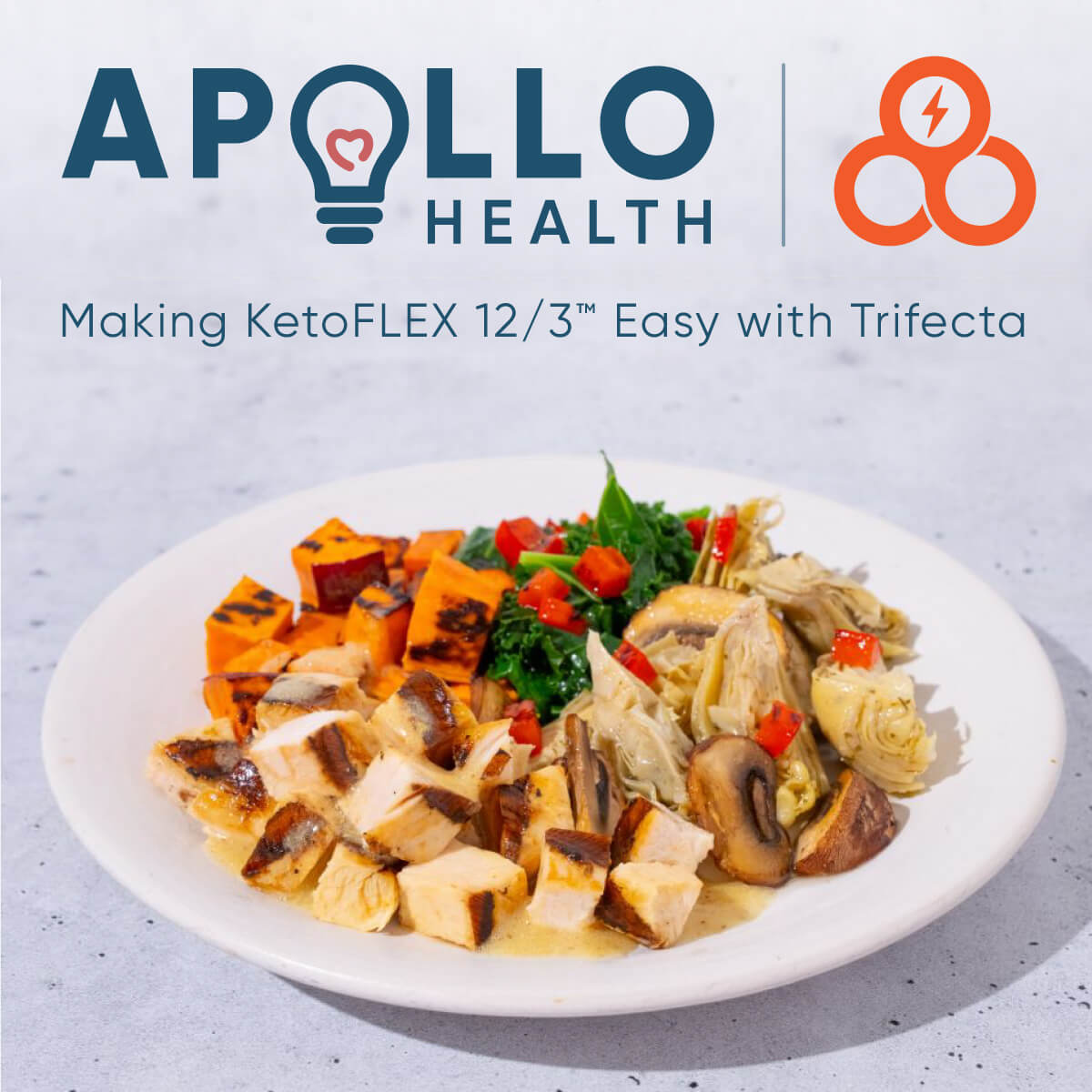August 14, 2024
Zinc and Cognitive Health

By Ram Rao, Ph.D., Principal Research Scientist for Apollo Health
Zinc is essential for many of the body’s normal functions and systems. This mineral also supports growth and development during pregnancy, childhood, and adolescence. Studies also show that zinc improves mental capacity in aged individuals. In addition to supporting the immune system, it enables the body to make proteins and DNA. Even though we only need a small amount, zinc is involved in many important reactions in the body, which is why it is easy to become deficient in it.
Zinc’s role in brain health and cognitive function has been the subject of research, especially concerning dementia and other cognitive disorders. It contributes to overall brain health through its role as a modulator of neurotransmission. It is involved in the regulation of neurotransmitters such as glutamate and gamma-aminobutyric acid (GABA). It can prevent the onset of dementia, lower brain inflammation, and boost immunity. Research studies also show that zinc improves mental capacity in elders. Thus, maintaining adequate levels is crucial, particularly for aging populations at risk for dementia. A lack of zinc can weaken the immune system, which might indirectly affect brain health. Zinc deficiency has been associated with cognitive decline and impaired memory. This is particularly concerning for older adults, who are at a higher risk of both zinc deficiency and cognitive disorders. Zinc deficiency is also common in those who are poor absorbers of zinc or those taking proton pump inhibitors.
Good sources of zinc include meat, eggs, seafood, soybeans, chickpeas, lentils, mushrooms, greens, broccoli, squash, walnuts, cashews, almonds, pecans, and seeds from pumpkins, sunflowers, and hemp. Zinc and copper are antagonists — meaning that decreased levels of one are associated with elevated levels of the other and vice versa. Without adequate zinc, copper builds up in the tissues of the body, and elevated levels of copper are also associated with dementia. For that reason, it may be wise to consider zinc supplementation for those who have low levels of zinc.
At Apollo Health, the target ranges for zinc and copper are 85-100 mcg/dl and 90-115 mcg/dl, respectively. The goal is to attain a zinc level close to 100 mcg/dL with an equal value of copper for a 1:1 ratio. While the zinc in foods is unlikely to cause toxicity, too much zinc from over-supplementation or overuse of zinc-containing denture adhesives can contribute to elevated levels in the body that may result in side effects. If you decide to take a supplement, consider dosages of 20-25 mg/ day. Zinc is better absorbed when the pancreas liberates picolinic acid. This acid binds with zinc and moves it across the intestine wall and into the bloodstream. While there are several forms of zinc supplements like zinc citrate and zinc gluconate in the market, consider taking zinc picolinate, and if this form is not available, look for zinc gluconate.





